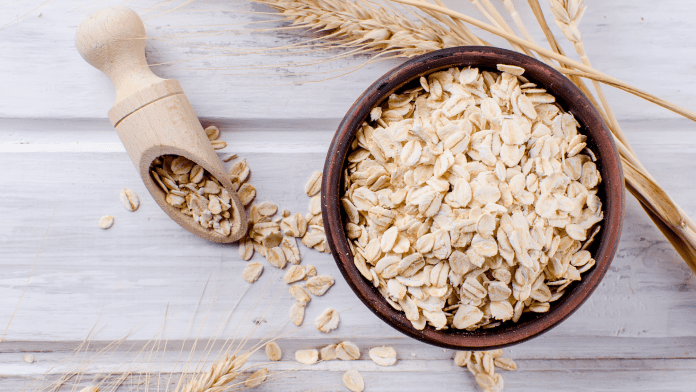If you’re looking for a delicious and nutritious breakfast option, oatmeal should be at the top of your list! Not only is it incredibly versatile and easy to prepare, but it’s also packed with health benefits that can help you feel your best all day long.
Oatmeal is a popular breakfast cereal made from oats, and has been around for centuries. It was a staple food in Scotland and other parts of northern Europe, where oats grow well in the cool and damp climate. Oatmeal was traditionally eaten as a porridge and was often served with milk or cream.
Best time to have oatmeal:
Although this delicious and nutritious food option can be consumed any time of the day, it is generally consumed as a breakfast option or mid-meal snack.
Why is it a great breakfast option for diabetics ?
Oatmeal is a great source of sustained energy thanks to its high fiber and complex carbohydrate content. It is an ultimate source of plant based nutrients like proteins, complex carbohydrates, vitamins like B1, B2, B3, and folate, which are important for maintaining healthy skin, hair, and nails, and supporting the immune system.
Oats can help you feel full and satisfied throughout the morning, which can reduce the likelihood of snacking on unhealthy foods later in the day.
Due to its low glycemic index, oatmeal is digested slowly and does not cause a rapid increase in blood sugar levels. This is particularly important for diabetics who need to carefully monitor their blood sugar levels throughout the day. By choosing oatmeal for breakfast, diabetics can enjoy a satisfying and nutritious meal that won’t cause a sudden spike in blood sugar levels.
However, it should be kept in mind that all oatmeal recipes are not necessarily healthy, when it comes to diabetics, as some of these recipes are sweet as well which result in overall increase of glycemic index.
So here are some of the DOs and DONTs that should be kept in mind when it comes to diabetic patients-
Dos:
- Eat regular meals and snacks to help keep your blood sugar levels stable.
- Choose whole foods like fruits, vegetables, whole grains, lean proteins, and healthy fats.
- Use measuring cups, spoons, and a food scale to control portion sizes.
- Focus on high-fiber foods that can help slow down the absorption of sugar in the bloodstream.
- Eat a variety of foods from all the food groups to ensure that you get all the nutrients your body needs.
Don’ts:
- Avoid sugary drinks like soda, fruit juice, and energy drinks.
- Limit your intake of processed and packaged foods, which are often high in salt, sugar, and unhealthy fats.
- Don’t skip meals or wait too long between meals, as this can cause your blood sugar to drop too low.
- Avoid fried and fatty foods, which can increase your risk of heart disease.
- Don’t rely on supplements or vitamins to manage your diabetes without consulting your doctor first.
With endless customization options, you can create a breakfast that suits your taste buds perfectly. Add fresh fruit and nuts for a sweet and crunchy topping, or savory ingredients like cheese and bacon for a more hearty meal. Plus, oatmeal can be prepared in many different ways, from stovetop to microwave to overnight oats, so you can switch things up and never get bored.
Remember that everyone’s nutritional needs are different, so it’s important to work with a registered dietitian or healthcare provider to create a personalized meal plan that works best for you.





